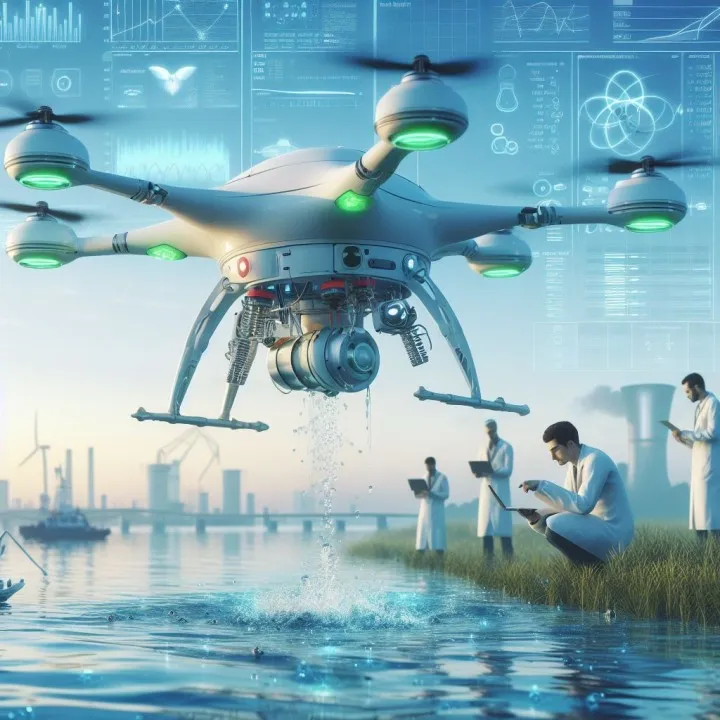Introduction
Water is a precious resource that is essential for life. As the global population continues to grow, the demand for water is increasing, putting pressure on water resources. Automated water management systems have emerged as a solution to efficiently manage water resources and ensure sustainable use. In this article, we will explore the latest innovations in automated water management and how they are revolutionizing the way water is managed.
Smart Irrigation Systems
One of the key innovations in automated water management is the development of smart irrigation systems. These systems use sensors and weather data to determine the optimal amount of water needed for plants. By using real-time data, smart irrigation systems can adjust watering schedules based on weather conditions, soil moisture levels, and plant requirements. This not only saves water but also improves plant health by ensuring they receive the right amount of water at the right time.
Leak Detection Systems
Another important innovation in automated water management is leak detection systems. These systems use sensors to detect leaks in water pipes and alert users to potential issues. By detecting leaks early, these systems can help prevent water wastage and reduce water bills. Additionally, leak detection systems can help prevent costly water damage to buildings and infrastructure.
Water Quality Monitoring
Monitoring water quality is essential for ensuring the safety of drinking water and protecting the environment. Automated water management systems can monitor water quality in real-time, detecting contaminants and pollutants before they pose a threat. By continuously monitoring water quality, these systems can help prevent waterborne diseases and protect ecosystems.
Remote Monitoring and Control
Remote monitoring and control systems allow water managers to monitor and control water systems from anywhere in the world. By using sensors and automation technology, water managers can remotely monitor water levels, flow rates, and water quality. This allows for quick responses to changing conditions and helps optimize water distribution and usage.
Integration of Artificial Intelligence
Artificial intelligence (AI) is being increasingly integrated into automated water management systems to enhance efficiency and accuracy. AI algorithms can analyze large amounts of data to optimize water usage, predict water demand, and detect anomalies in water systems. By using AI, water managers can make data-driven decisions and improve the overall performance of water management systems.
Conclusion
Automated water management systems are revolutionizing the way water resources are managed. By leveraging technology such as smart irrigation systems, leak detection systems, water quality monitoring, remote monitoring and control, and artificial intelligence, water managers can optimize water usage, reduce waste, and ensure sustainable water management. These innovations are crucial for addressing the challenges of water scarcity and ensuring that water resources are used efficiently and responsibly.
#Exploring #Latest #Innovations #Automated #Water #Management


